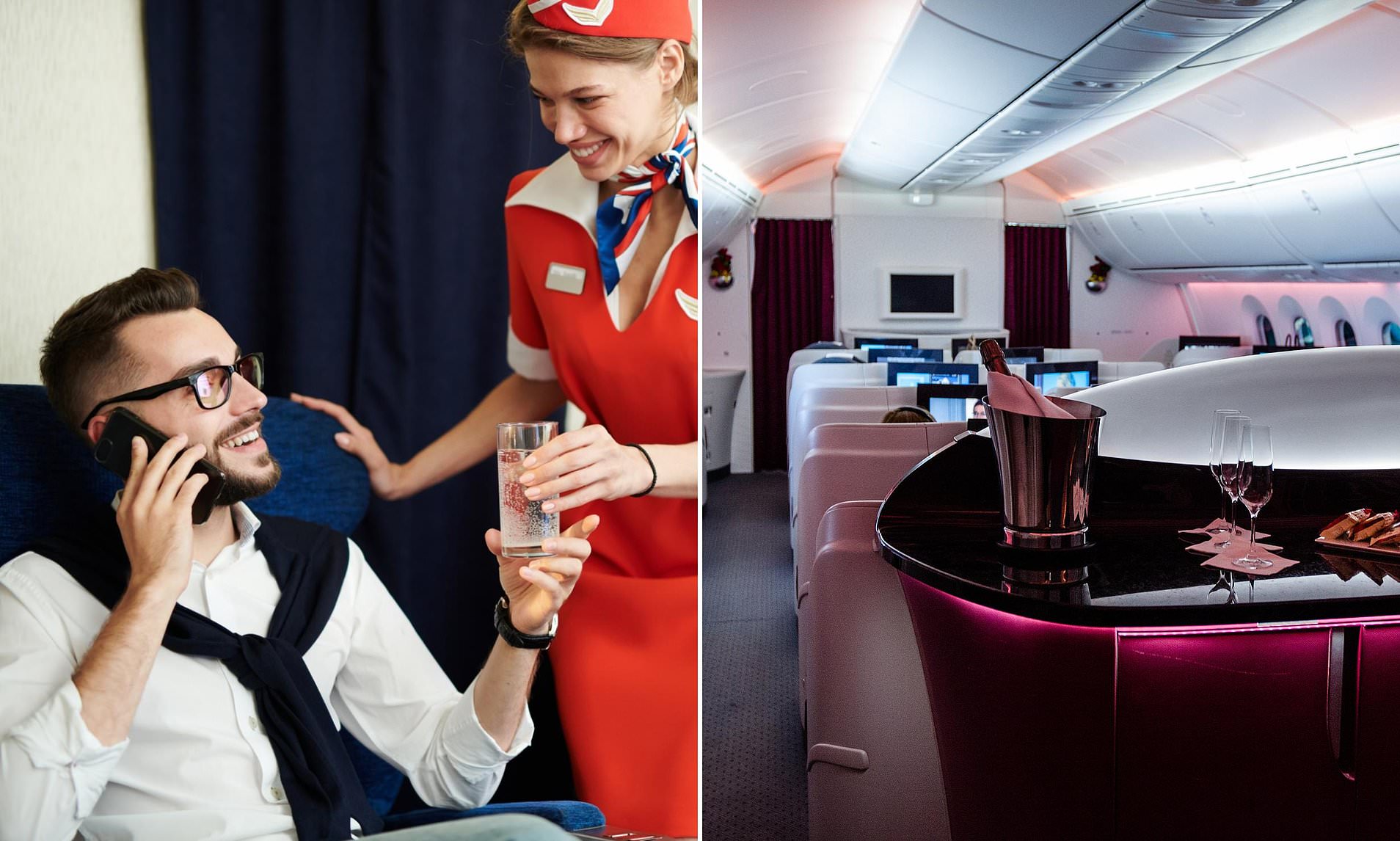Understanding Travel Compatibility
When it comes to travel, the dynamics between friends can shift dramatically. While your closest friend might be your go-to for group chats or late-night texts after a bad date, they may not be the best companion for a shared itinerary. Travel experiences often reveal how differently people navigate the world, and habits that seem insignificant in daily life can become major points of friction during a trip.
The Impact of Differing Priorities
Travel habits are shaped by personal priorities, comfort zones, and financial considerations. What one person considers relaxing—like an afternoon at a spa—might feel like a waste of time to someone who prefers an active day of hiking. These differences can quickly escalate into conflicts, especially when it comes to decisions about wake-up times, activities, and spending money. Even with good intentions, mismatched travel styles can lead to frustration and resentment.
The Challenge of Compromise
Compromise is often easier said than done. In everyday life, friends might sync up once a week, but being side by side all day can test even the strongest bonds. Exhaustion and the pressure to “have the best time ever” can make flexibility difficult, leading to feelings of annoyance or being unheard. It’s important to recognize that while friendship brings trust, it doesn’t always equate to shared travel values.
Quirks and Shared Spaces
Minor quirks that don’t matter back home can become significant in shared spaces like hotel rooms or Airbnb rentals. For instance, some people need quiet mornings, while others fall asleep with the TV on. Hygiene routines, packing habits, and tidiness levels can also create tension. According to a 2023 survey by TripIt, 60% of travelers prefer having time alone during trips, yet many don’t plan for solo moments when traveling with close friends. This lack of space can add unnecessary stress.
The Issue of Control
Control issues often arise when one person takes charge of planning the entire trip. Booking everything, choosing all the spots, and creating a packed schedule can make the other person feel like they’re just tagging along rather than enjoying the vacation. On the flip side, someone who never plans might rely too heavily on their friend to handle all the logistics. Neither approach works well. Sharing responsibilities, agreeing on a rhythm, and being open about energy levels can help prevent these issues.
Different Roles in Friend Groups
Friend groups often include individuals with distinct roles: the talk-it-out friend, the party friend, the advice friend, and the one who’s always late. These differences aren’t flaws; they’re more like clues. Knowing what kind of traveler someone is matters more than how long you’ve known them. Social media can exacerbate this issue, as trips often become content-focused. One person might want golden-hour photos in multiple outfits, while the other just wants to enjoy a meal without documenting it. When these goals clash, the trip can feel performative instead of meaningful.
Friendship Under Pressure
Travel involves problem-solving, as unexpected challenges like delayed flights or bad meals can arise. If one person struggles with setbacks, it can affect the overall mood of the trip. A 2018 study by Booking.com found that 44% of people had a falling out with someone while on vacation. These disputes often stem from unrealistic expectations or poor communication. It’s important to recognize that emotional bandwidth plays a role in how people handle stress, and a best friend who’s great in crisis at home may shut down or snap when dealing with unfamiliar situations.
Testing Compatibility
Once a trip starts heading in a negative direction, it’s hard to recover without space or perspective. That’s why shorter, low-stakes trips like a weekend in the same city can serve as a better test run. Knowing each other well doesn’t mean being compatible in all situations. Recognizing this can help preserve friendships.
Finding the Right Travel Companions
None of this means cutting off your best friend because you didn’t agree on breakfast spots. However, it does mean being honest about what works and what doesn’t. It’s okay to say no to a trip if it doesn’t feel like a fit. It’s also okay to suggest a trip that includes a mix of people. A group can balance personalities out by giving everyone a chance to recharge and reset. Ultimately, finding the right travel companions can enhance the experience and maintain strong friendships.



